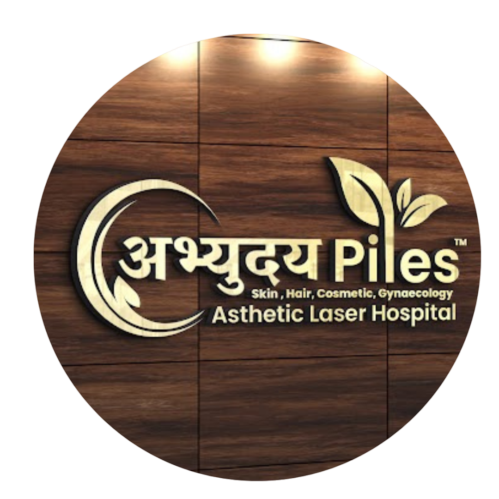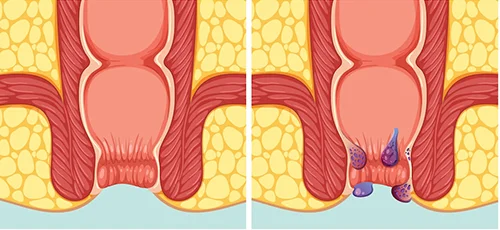When it comes to anal health, understanding the differences between piles and other anal conditions is essential for effective treatment. In this comprehensive guide, we will explore piles vs. other anal conditions, helping you identify symptoms and determine when to seek medical advice.
What are Piles?
Piles, commonly referred to as hemorrhoids, are swollen veins in the lower rectum and anus. They can cause discomfort, pain, and bleeding. There are two main types of piles:
- Internal Piles: These develop inside the rectum and often do not cause significant pain, although they may result in bleeding during bowel movements.
- External Piles: Located under the skin around the anus, these can be quite painful and may form blood clots, leading to severe discomfort.
Symptoms of Piles
Recognizing the symptoms of piles is crucial when comparing piles vs. other anal conditions. Common symptoms of piles include:
- Bleeding: Noticeable bright red blood on toilet paper or in the toilet bowl after a bowel movement.
- Pain or Discomfort: Particularly during bowel movements or while sitting.
- Swelling: A lump or swollen area near the anus.
- Itching or Irritation: Discomfort or itching in the anal region.
Understanding these symptoms is the first step in distinguishing piles from other anal conditions.
Analyzing Other Anal Conditions
While piles are prevalent, several other anal conditions can present similar symptoms. Let’s explore these conditions and how they differ from piles.
1. Anal Fissures
What are Anal Fissures?
Anal fissures are small tears in the lining of the anus, often caused by passing large or hard stools.
Symptoms of Anal Fissures
- Sharp Pain: Intense pain during and after bowel movements.
- Bleeding: Bright red blood may appear on toilet paper.
- Visible Tear: A noticeable crack around the anus.
- Fearing Bowel Movements: Due to the pain, individuals may avoid bowel movements, leading to constipation.
If you want to know more about anal fissures, visit our resource provider: Anal Fissure
2. Anal Abscesses
What are Anal Abscesses?
An anal abscess is a painful condition characterized by a collection of pus near the anus, often resulting from an infection.
Symptoms of Anal Abscesses
- Severe Pain: A throbbing sensation in the anal area, worsening with movement.
- Swelling: A swollen area that may feel warm to the touch.
- Fever: Accompanied by systemic symptoms like fever and fatigue.
- Discharge: Pus may drain from the abscess, leading to an unpleasant odor.
3. Anal Fistulas
What are Anal Fistulas?
An anal fistula is a small tunnel that forms between the end of the bowel and the skin near the anus, usually resulting from a previous abscess.
Symptoms of Anal Fistulas
- Chronic Discharge: Continuous drainage of pus or blood from the anal region.
- Pain: Discomfort in the anal area, especially during bowel movements.
- Swelling: Possible swelling around the fistula opening.
- Irritation: Increased irritation around the anal area.
Piles vs. Other Anal Conditions: Key Differences
To effectively understand the differences in piles vs. other anal conditions, here’s a comparison of their symptoms:
| Condition | Pain Level | Bleeding | Swelling | Discharge |
|---|---|---|---|---|
| Piles | Mild to moderate | Yes (bright red) | Possible lump | No |
| Anal Fissures | Severe | Yes (bright red) | No | No |
| Anal Abscesses | Severe | Rarely | Yes (swelling) | Yes (pus) |
| Anal Fistulas | Moderate to severe | Rarely | Yes | Yes (pus or blood) |
When to Seek Medical Help
Understanding the differences in piles vs. other anal conditions is crucial for seeking timely medical care. If you experience severe pain, excessive bleeding, or persistent symptoms, consult a healthcare professional. Early diagnosis is vital for effective treatment and relief.
Final Thoughts
Distinguishing between piles and other anal conditions is essential for effective management and treatment. By recognizing the unique symptoms associated with each condition, you can make informed decisions about your health. If you’re experiencing symptoms related to piles or any other anal condition, don’t hesitate to consult a healthcare provider for guidance and support.
For more information and resources about piles and other anal conditions, visit pilesfistulacure.com.

